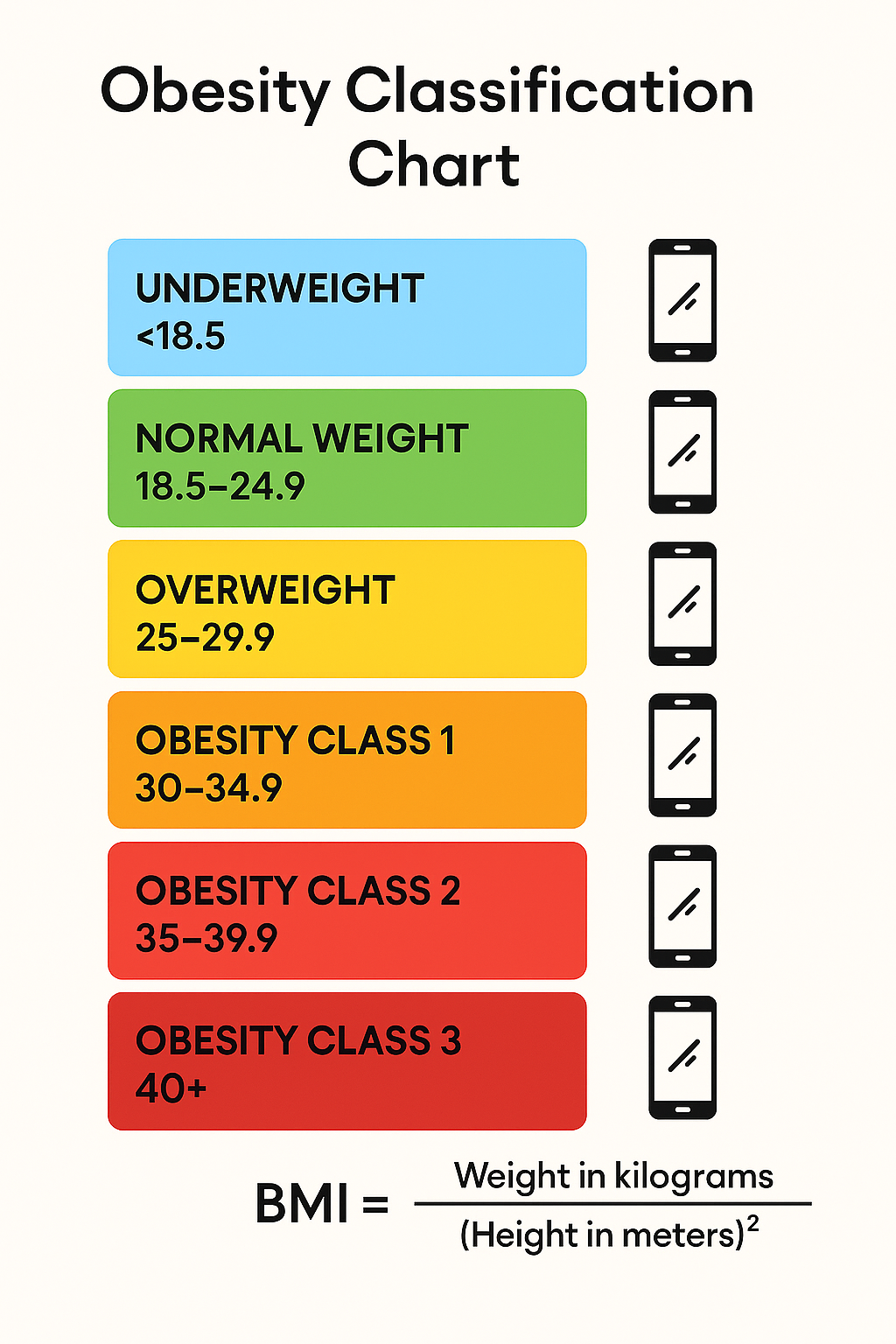Walking into a gym should feel empowering—but for many, it leads to confusion, frustration, and even injury. Why? Because not all gym trainers are created equal. In fact, some advice you get from your trainer could actually be holding you back from real results—or worse, harming your body.
If you’ve ever second-guessed your progress or felt stuck despite hours of effort, this blog might be your wake-up call.
7 Signs You’re Getting Bad Advice from Your Gym Trainer
1. They Promise Fast Results
“You’ll lose 10 kg in one month!”
Any trainer who guarantees drastic results quickly is selling you a dream—not science. Sustainable fat loss is about consistency, not crash diets or endless cardio.
2. They Push One-Size-Fits-All Workouts
If your trainer gives the same workout plan to a 25-year-old athlete and a 45-year-old beginner, it’s a red flag. Good programming is individualized, based on your age, fitness level, injuries, and goals.
3. They Avoid Strength Training (Especially for Women)
Still being told that lifting weights will make you bulky? That’s outdated nonsense. Strength training is essential for fat loss, bone health, metabolism, and confidence—especially for women.
4. They Prioritize Sweat Over Strategy
A killer workout that leaves you gasping isn’t always effective. Intensity without structure won’t lead to long-term gains. If every session feels like bootcamp but you’re not improving, something’s wrong.
5. They Don’t Track Progress
Are they keeping records of your strength, endurance, flexibility, or body composition changes? No? Then how are they measuring success? A good trainer monitors progress and adjusts accordingly.
6. They Give Unqualified Nutrition Advice
Unless your trainer is a certified dietitian or has deep nutrition training, they shouldn’t be prescribing detailed meal plans. “Eat only 800 calories” or “Cut all carbs” can wreck your metabolism and mindset.
7. They Shame You Instead of Supporting You
Fitness should uplift you, not make you feel guilty or small. If your trainer body-shames, dismisses your concerns, or uses fear tactics—they’re doing more harm than good.
🧠 Real Talk: What a Good Trainer Actually Does
- Listens first and asks about your health, injuries, sleep, stress, and goals
- Builds a periodized plan that evolves with you
- Teaches you proper form and technique
- Educates, not just instructs
- Encourages body confidence and self-awareness
- Partners with you long-term—not just for a “summer body”
🛑 The Risks of Bad Trainer Advice
- Injury from improper form or overtraining
- Plateaus due to lack of progressive overload
- Poor relationship with food from fad diets
- Hormonal imbalances, especially in women with extreme calorie restriction
- Loss of motivation because you never feel like you’re getting anywhere
✅ How to Choose the Right Trainer (Checklist)
- Are they certified from a credible organization (ACE, NASM, ISSA, ACSM)?
- Do they ask questions and listen to your needs?
- Do they educate you—not just bark orders?
- Do they prioritize long-term health over short-term aesthetics?
- Are they open to collaboration with your doctor, physio, or dietitian if needed?
🚨 Bonus Tip: Watch how they train themselves and other clients. Do they practice what they preach?
Real Stories, Real Mistakes
“My trainer told me to fast all day then lift heavy in the evening—I passed out on the floor after two weeks.”
– Grace, 32
“He said squats are bad for women’s knees, so I didn’t do them for a year. My knee pain actually got worse from weak quads.”
– Clara, 41
These are not isolated incidents. Unfortunately, the fitness industry is under-regulated, and anyone can call themselves a trainer without proper expertise.
Final Words: You Deserve Better
You’re investing your time, energy, and trust. Don’t settle for generic advice, outdated myths, or unscientific shortcuts. The right trainer can transform your life—but the wrong one can delay your progress for years.
So ask yourself honestly: Am I working with someone who understands me—or just selling the same routine to everyone?
If something feels off, speak up or consider switching. It’s your body. Your journey. Your call.
🔗 References
- American Council on Exercise (ACE). (2024). Trainer Certification Standards
- National Academy of Sports Medicine (NASM). (2024). Signs of a Qualified Personal Trainer
- Mayo Clinic. (2025). Safe Exercise Practices and Trainer Guidelines
- Harvard Health. (2024). Women & Strength Training: Myths and Facts
- Precision Nutrition. (2024). Why Your Trainer Shouldn’t Give You a Meal Plan



